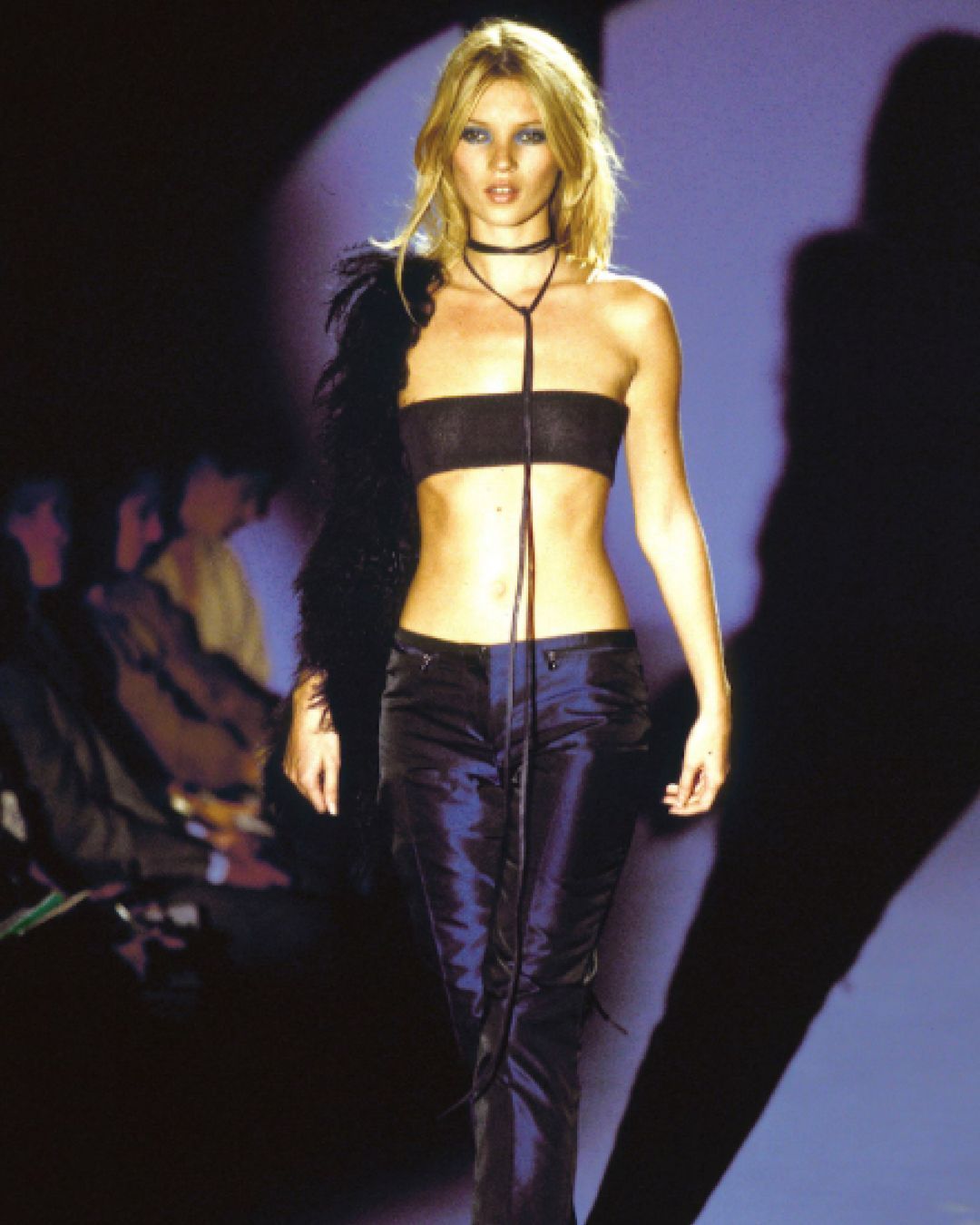
Diet Prada: Investigative Influencers or Influential Investigators? The integrity of fashion’s most feared account has lately been called into question
Five years ago, anonymous Instagram account Diet Prada initially began as a forum of pinpointing and addressing instances of copycats, prejudices and offences within the fashion industry. During a time where reputable fashion magazines were acknowledged as being biased in the favour of their advertisers, this was a concept much needed, especially in the age where millennials were beginning to retire print for digital.
A few seasons after initially launching, the word began to spread, their following picked up and Diet Prada soon caught the gaze of all hierarchies of the fashion world. People from in and outside the industry watched eagerly at the edge of their seats as these anonymous ‘superheroes’ fought fashion crime in an unswayed, impartial manner. In a fun, rousing way they had become the Spiderman of the industry, swooping in with masks when needed to confront and combat foul moves made by industry behemoths. For others, they represented something much more serious, as a sort of radical anti-systemic group exposing corruption. This was especially the reality for a younger generation of creatives who oftentimes were the victims of plagiarism. With 1.2 million followers, Diet Prada has been made into the fashion industry’s saviour, unwittingly swiping up the potential followers of traditional objective journalism and reshaping it in a very millennial manner.
Of course, not everyone was on board with the account’s cutthroat method of doing things. Throughout the years, enmities have been formed, with brands who had been called out and from several journalists who disagreed with their methodology. In an issue of Arena Homme, esteemed fashion journalist Angelo Flaccavento wrote,
The web is a place for digital cavemen, and people like Diet Prada act like the cavemen of critics, articulating their basic thoughts in pictures and rather basic words.
Albeit it was a case of second-guessing the severity of their routine, not many attempted to second-guess their integrity. However, in May of last year, BOF unmasked the faces of the Instagram account as industry duo Tony Liu and Lindsey Schuyler. Liu was revealed to be helming his own label, while Schuyler runs a consultancy in the US.
A season or two later, the duo was embraced by Gucci’s Alessandro Michele for a paid collaboration to take over the brand’s Instagram for their SS18 show. Soon after they began attending several shows, recently collaborating with heavyweight brands like Ferragamo, accepting gifts and endorsements for ad posts with names such as Tommy Hilfiger during their recent collaboration with Zendaya. It is safe to say the duo has entered into the tendentious category of what is considered influencers. Of course, influencers not being journalists are not required to be objective and have the freedom to select which brands they do or do not support and to put it in plain terms, they can go where the money takes them. Which was contradictory to what people were believing the account stood for, and quite similar to the notion of why some magazines have been discredited in the first place.
However, on several occasions, the duo has clarified that they are not journalists and have no responsibility to remain objective, nevertheless, their ‘Dieters’ still see them as such. BOF’s subheadline with the duo last year read, “founders of the industry’s most feared Instagram account, reveal their plan to change the course of fashion history.”
So the question posed is, can one objectively fight against a system of which they are benefiting from? Can one be Spiderman and fight crime whilst being friends with the bad guys? Can these man-made gods we have created handle the weight of the industry’s morality, or will they reveal the cracks of their clay feet under the pressure to compromise? While ‘Dieting’ can be purifying, it can be twice as dangerous if done disproportionately.











































